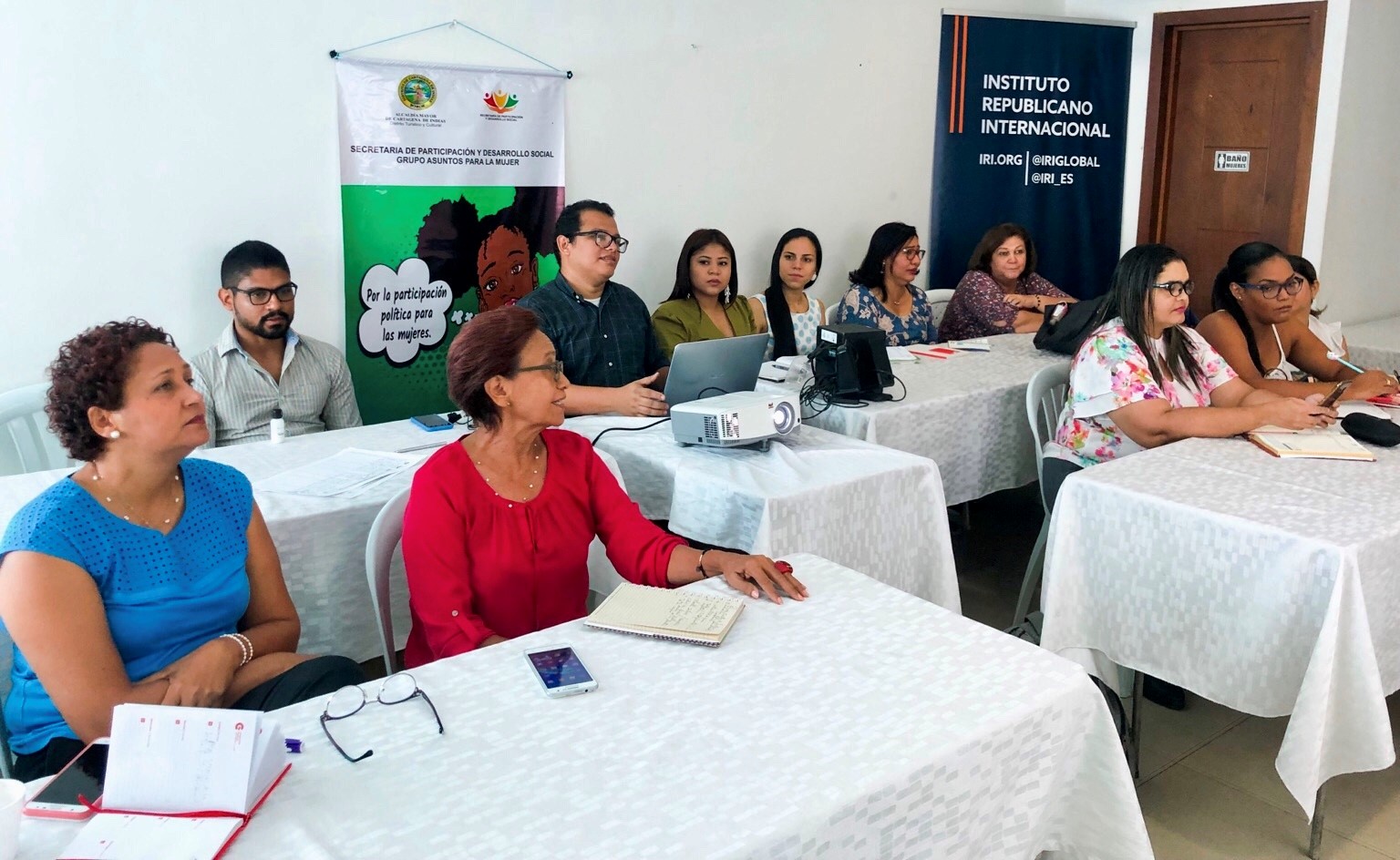Democratic Governance: Challenges and Obstacles in the Midst of a Pandemic

With the COVID-19 pandemic ongoing, governments across the world – and especially those in Latin America and the Caribbean (LAC) – are faced with the challenge of updating their governance systems to continue delivering much-needed services to citizens. In this blog – originally published in IQ Latino – International Republican Institute (IRI) expert Tony Garrastazu analyzes the democratic obstacles LAC has to overcome, and how IRI is supporting the region to advance their democracies even amidst COVID-19.
The seething COVID-19 pandemic has challenged the democracies of the world unlike ever before. During 2020, governments made great strides in facing the consequences of a destructive and unknown virus that not only affects our health and consumption habits, but the way we work with and relate to others.
Across the globe, but particularly in Latin America and the Caribbean, governments are now faced with vast demands to modernize their systems (mainly in health and education), incorporate technologies into their processes and improve the effectiveness of the services they provide.
In 2021, the scenario will not be much different. The enthusiasm and expectations we place on this year should not prevent us from recognizing that obstacles, far from diminishing, will become more acute and require increasingly efficient measures. Moreover, many countries in the region will hold presidential elections in 2021 – as is the case for Ecuador, Peru and Chile – or legislative elections – as is the case for Argentina, El Salvador and Mexico – that will accentuate existing social, political and economic challenges.
At IRI, we have been working for over a decade with local governments and civil organizations throughout Latin America and the Caribbean to strengthen, equip and further their skills in democratic governance.
We offer training and technological tools, as well as promote best practices to support governments as they develop their own strategies. As this pandemic has shown, cooperation and the exchange of experiences are essential not only to managing a health crisis, but to replicating models of economic, educational and social success without losing sight of each country’s unique characteristics.
The need for government authorities to maintain a substantive dialogue, regardless of portfolio, has also become more evident. Across the region, ongoing policy discussions among education and health leaders, for example, have become necessary. The same is true between national and subnational governments that may not share the same political space but must compromise in order to face a pandemic, including its economic and social consequences, head on.
In these difficult times, it is evident that no government policy can be highly effective without citizens’ involvement in and commitment to decisions that impact their lives. What would have become of social isolation measures to prevent the spread of COVID-19 if people did not comply with them?
IRI, for its part, designs programs that promote the participation of civil society in public life in order to strengthen community resilience and provide citizens an opportunity to become positive agents of change. They say moments of crisis open new opportunities for collaboration. For this not to be an exception to the rule, governments will need to keep these obstacles at the forefront of their agendas, forging bonds with their communities and citizens that will last far beyond the pandemic.
Top